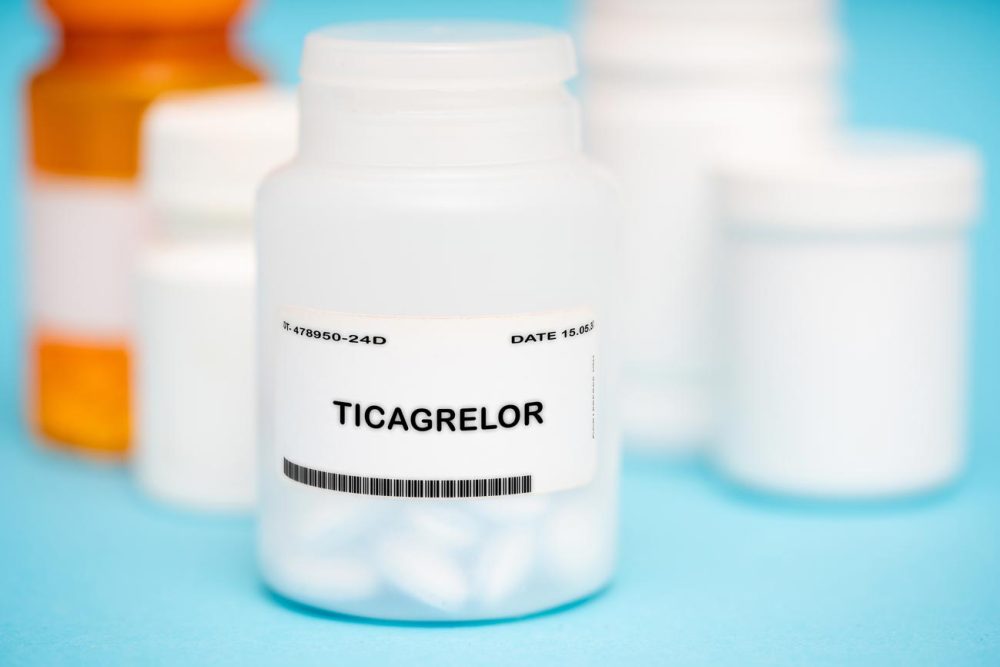Advertisment
ACC 2024: Acute coronary syndromes patients stop aspirin safely a month after PCI

The majority of patients diagnosed with ACS/Acute Coronary Syndromes, including heart attacks and chest pain caused by decreased blood flow to the heart, appear to be able to stop taking aspirin alongside the P2Y12 inhibitor ticagrelor one month after undergoing PCI/percutaneous coronary intervention, researchers report.
Subjects who stopped taking aspirin in the ULTIMATE-DAPT study achieved a significantly reduced risk of clinically meaningful bleeding and showed no increased risk of clotting-related adverse events at 12 months, when compared with subjects who continued dual therapy for a year.
The findings were presented on April 7, 2024 at the American College of Cardiology’s Annual Scientific Session.
“In treating a broad range of patients with acute coronary syndromes in the era of contemporary drug eluting stents, among those who were stable after one month of DAPT [dual antiplatelet therapy], continuing treatment with ticagrelor alone reduced bleeding with no increase in adverse ischemic thrombotic events,” said Gregg Stone, MD, professor of cardiology and population health sciences at Icahn School of Medicine at Mount Sinai, New York and co-chair of the trial. “These data suggest that a 12-month duration of DAPT is not only not necessary in most patients with ACS but is harmful.”
The investigators enrolled 3,400 subjects who had presented no adverse cardiovascular or bleeding events during the first 30 days following PCI for ACS.
During these 30 days, all subjects took aspirin and ticagrelor. Then they were randomized either to the DAPT for 11 more months or to ticagrelor and a placebo for 11 months.
The investigators reported that the first endpoint, clinically relevant bleeding, appeared in 4.6% of patients assigned to continuing DAPT and 2.1% of patients assigned to ticagrelor and a placebo, a significant difference favoring of ticagrelor monotherapy.
For the second primary endpoint, a composite of major adverse cardiovascular events and cerebrovascular events, the investigators reported no significant difference between the cohorts, with 3.7% of patients who continued DAPT and 3.6% of those taking ticagrelor and a placebo experiencing such events.
Notably, treating ACS with ticagrelor monotherapy one month after PCI was equally safe and effective in patients who had initially presented with a heart attack or were at risk of a heart attack.
“Together, these findings suggest that patients who stopped taking aspirin after the first month had a substantially reduced risk of bleeding without any increased risk of thrombotic events,” researchers said.
This study was simultaneously published online in The Lancet at the time of presentation at ACC.





